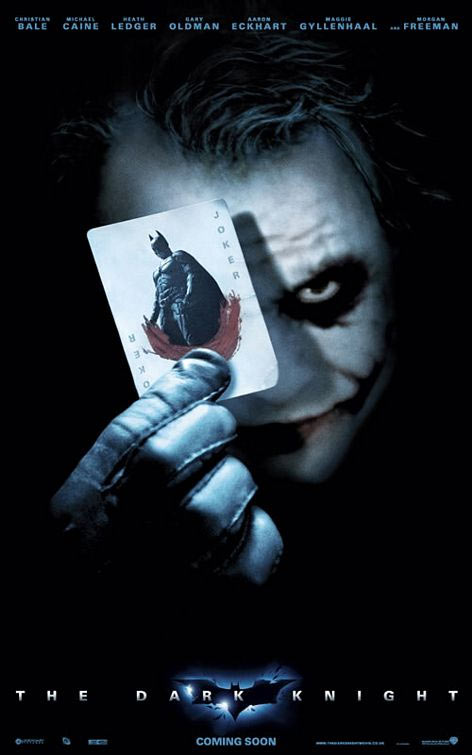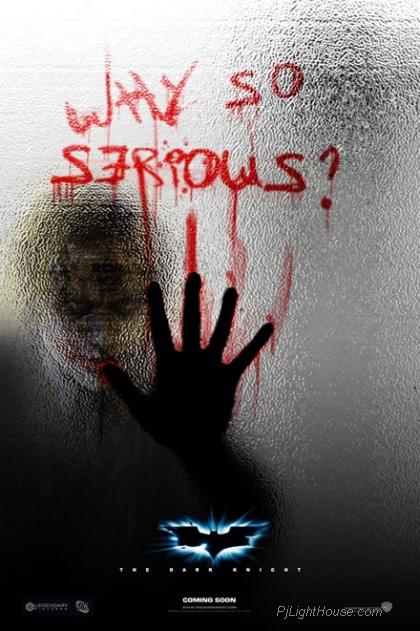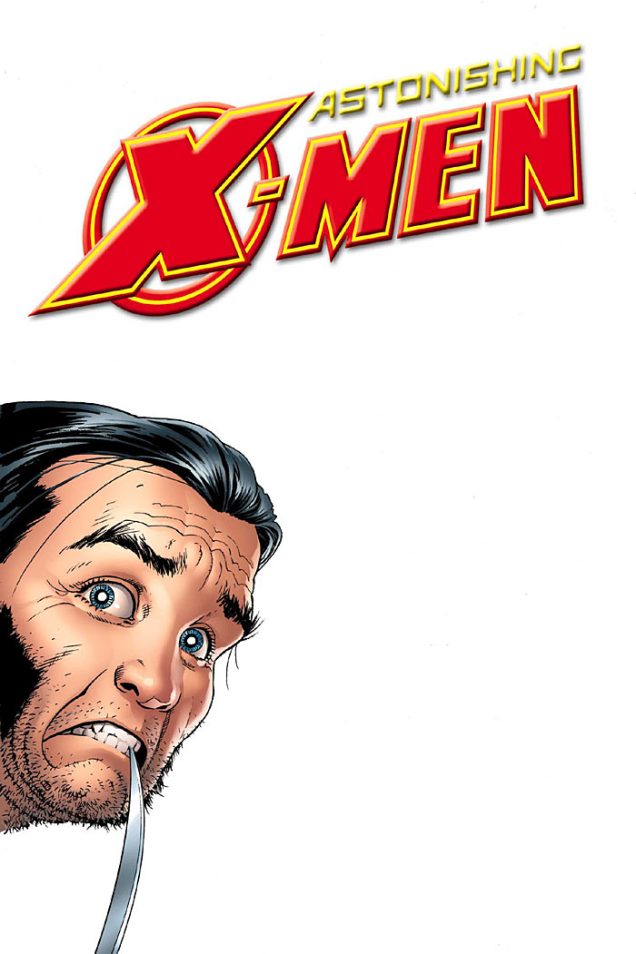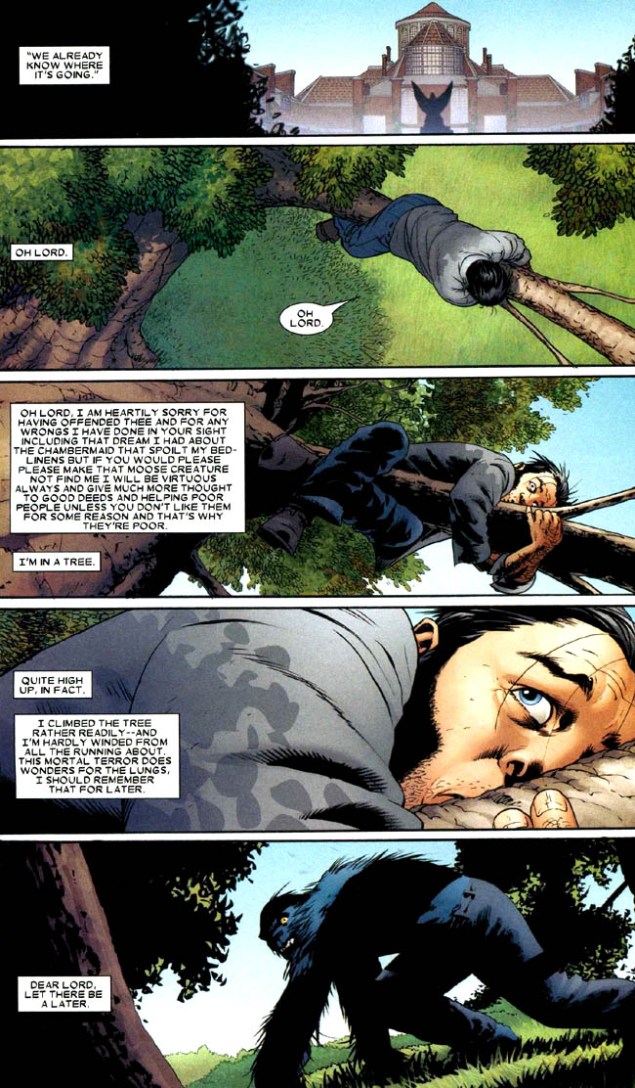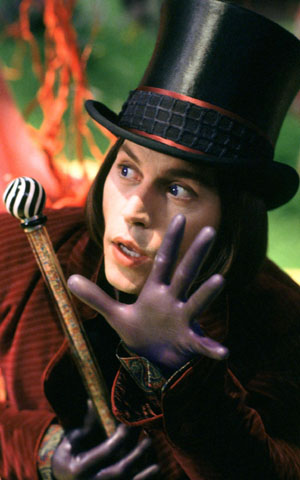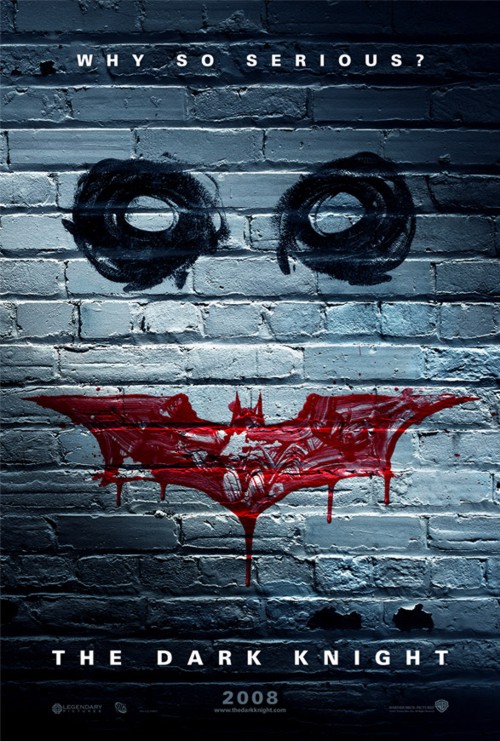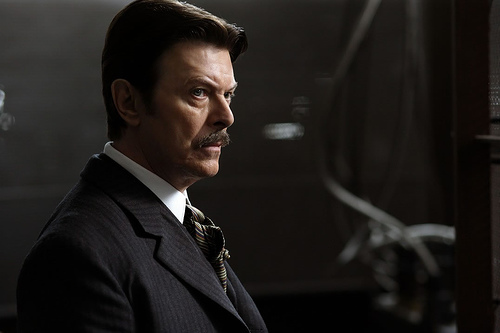To once again prove that I’m pathetically behind on what’s going on in the world of pop culture: I’ve only now got around to seeing The Dark Knight. At this point, is anyone interested in yet one more glowing yet sad praise of Heath Ledger’s Joker? Yes, Ledger’s performance was hypnotic and is one of the main reasons why this film is rightly hailed as more than your run-of-the-mill comic book adaptation. But that’s all I’ll say on the issue, because you don’t come here to read an elaborate “Me too” blog entry.
The Dark Knight is a good film and better than Batman Begins – the latter was clearly an origins story and therefore somewhat stuck in its template (although doing very well in this respect), but its sequel definitely does much better in terms of providing an interesting, worthwhile antagonist. It does so well, in fact, that Batman/Bruce Wayne suffers by comparison: the film is just so much more interesting when the Joker is on screen. Still, you couldn’t have the one without the other, and the moral dilemmas that Gotham’s favourite anarcho-terrorist poses the Dark Flabberghast are fascinating to watch. The ferries scene, even though it resolves itself without Batman’s input is a vast improvement on the simplistic scenes in the Spiderman films where the general populace pulls together and proves to be heroic in their own right.
It’s not a perfect film, though, not even in it’s genre. There are some mistakes it should have avoided quite easily. For one thing, some of the editing is seriously disorienting and not in a good way – there are scenes that feel like a bad TV edit to get rid of scenes that are too violent, and as a result continuity suffers. Were they trying to keep the film in PG-13 country? (If so, the studio is eminently silly – even without explicit violence this is not a film that you should let your 13-year olds watch.) I don’t mind the disorienting editing of the fight scenes, but there the lack of clarity has a purpose. The continuity wobbles get especially bad in the batpod scene where I felt that they’d buggered up the sequence of scenes.
The film also tries to cram too much into its running time, and where it tries too hard to make us believe something. I’m not complaining about the two villains, because Harvey Dent’s fall from grace follows smoothly from the Joker plot. However, the scene where Bruce Wayne and Alfred get the fingerprint from the bullet? Overly complicated, to a point where it barely makes sense. Same goes for the bat sonar and the ethical quandary that comes with it: not only does it feel overly gimmicky in the film, it’s also much less interesting and complex than the Joker-induced “damned if you do, damned if you don’t”. It feels like a top-heavy retro-active explanation for how Batman manages to find the Joker later in the film, and surely it could have been done in a more elegant way.
These quibbles aside, though, the film is definitely worth watching. It’s worth it for the visuals, it’s worth it for the acting, and it’s worth it to see to which dark corners Nolan will take its hero. If there’s a third film, I’ll be happy to follow him there.
